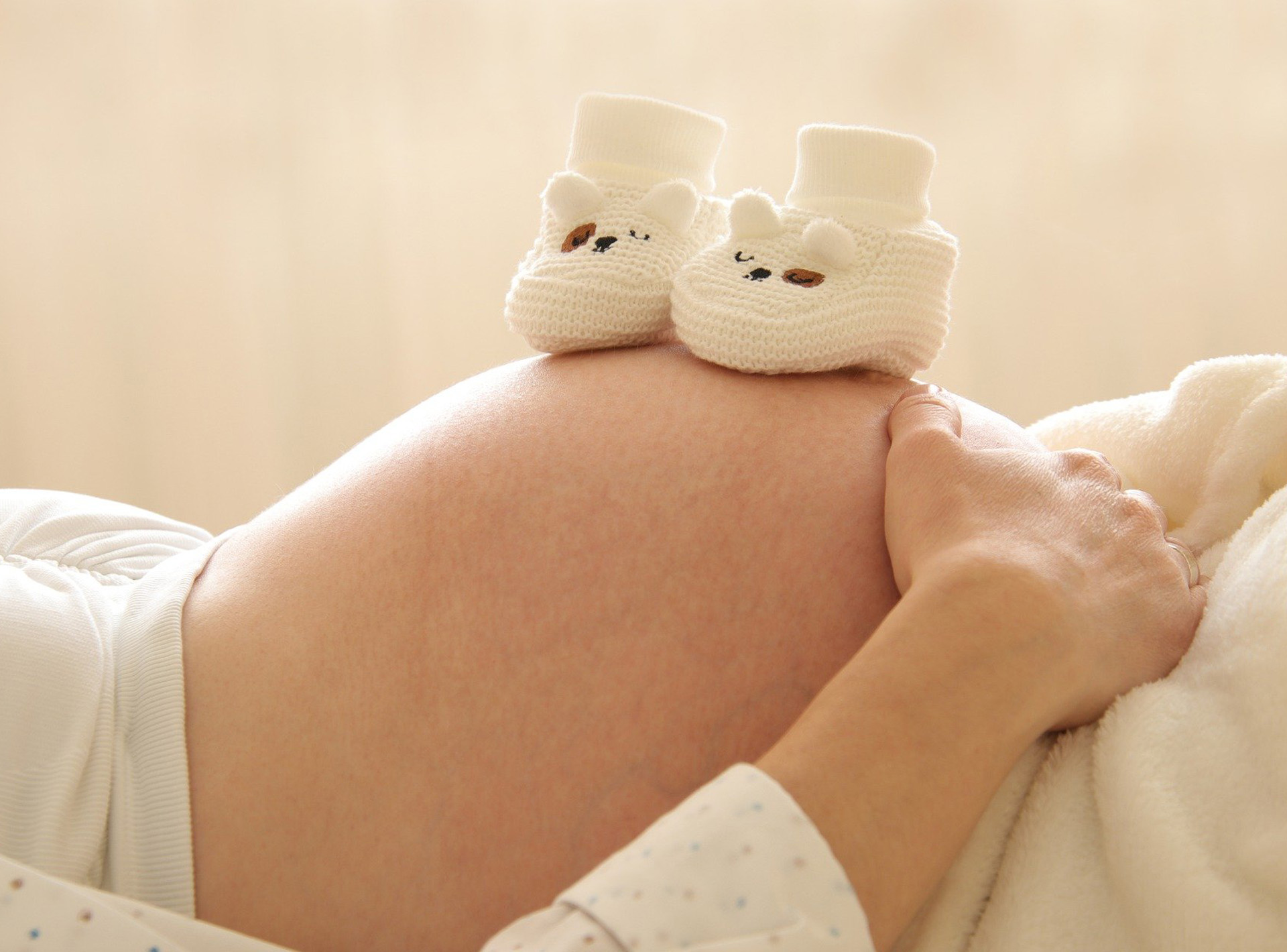 Women following vegan or plant-based diets may be at risk of dangerously low levels of iodine, new study from the University of South Australia found.
Women following vegan or plant-based diets may be at risk of dangerously low levels of iodine, new study from the University of South Australia found.
Iodine deficiency during pregnancy can lead to impaired fetal development and neurological conditions in newborn babies. Now, a new study led by Jane Whitbread, a research dietitian from the University of South Australia, found that pregnant women who follow plant-based and gluten-free diets, along with iodine-free salts, may not be getting enough iodine in their body.
“Iodine is an essential mineral and low iodine status in women of reproductive age is a potential risk to the intellectual development, language development, memory and processing speeds of their babies,” Dr Jacqueline Frayne, Senior Lecturer on Women’s Health at the University of Western Australia, told Medical Forum.
“The current recommendation is that women consume 150 micrograms of iodine on a daily basis, with higher levels for those who are pregnant or breastfeeding,” she added.
About the study
The small pilot study measured and compared iodine levels in 57 women who followed either an omnivorous or a vegan/plant-based diet. Participants recorded their dietary intake over two days and provided two spot urine samples, which researchers used to assess urinary iodine concentration.
The first key finding was that neither group of women met the recommended iodine levels of >100 micrograms per litre (mcg/L), according to World Health Organization guidelines, or those set in Australia.
“This research paper throws up some very interesting and important points that all GPs who might have the opportunity to speak to women preconception, and in particular those of us who are working in the antenatal space, need to be aware of,” said Dr Wendy Burton, Chair of RACGP Specific Interests Antenatal and Postnatal Care, in a RACGP news report.
“Australia has become iodine deplete and it’s many years since we started universal supplementation of breads and a recommendation that women who are planning a pregnancy, pregnant or breastfeeding consume 150 micrograms of iodine on a daily basis,” she added.
Pregnant women following trendy diets, such as gluten-free and vegan diet, should be particularly concerned about these findings, especially in Western Australia, according to recent studies.
Iodine deficiency in WA
A previous study, focused on pregnant women from WA, found that only 37.6% of participants used iodised salt, whereas another WA-based study found that only 24% of the participant used iodine supplements prior to pregnancy. Together, these studies suggest that for many pregnant women in WA, iodine deficiency is a latent risk.
“Clearly there is good evidence to say that many women in Western Australia are at risk of low consumption of iodine, which has the potential to impact on birth outcomes,” Dr Frayne said.
“General practitioners have an important role in offering optimal preconception and pregnancy care for women and this includes adequate dietary and supplementation advice, which should include discussions on iodine,” she added.
“Given the recently published findings, and popular dietary trends, there is an argument to support widespread iodine food fortification and raising public awareness of the importance of iodine in pregnancy,” Dr Frayne said.
Some good sources of iodine include seaweed and other seafoods, fortified bread, iodised salt and eggs. Women wanting to follow a new diet throughout their pregnancy should consider including these foods.

